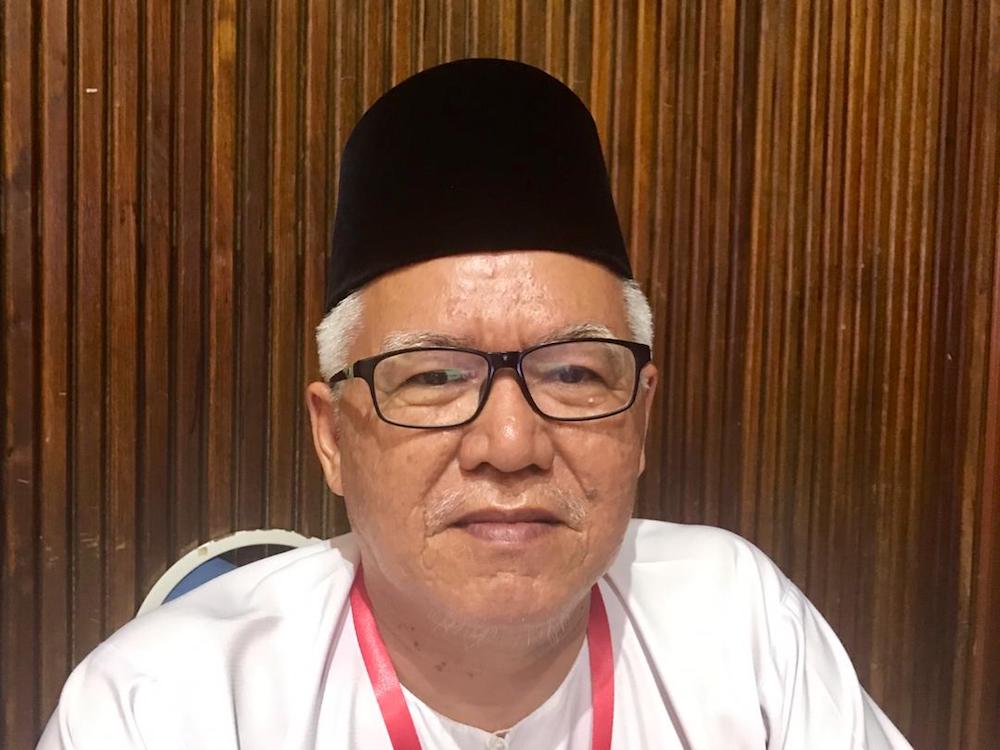JOHOR BARU, Jan 14 — A state lawmaker has suggested that Johor impose special taxes on companies that cause pollution and that the revenue be used to do good for the environment.
Senggarang assemblyman Khairuddin A. Rahim said the funds could be utilised for the care and restoration of the environment as well as for environmental awareness programmes, particularly on the state’s rivers.
“I believe that the taxes will not only include companies with wastewater, plants and waste disposal industries, but also cover associated industries such as mining, plantation, housing and forestry that contribute to water pollution,” said Khairuddin when contacted by Malay Mail.
His comment came after the Johor Department of Environment revealed that as of September 2017, the state has 22 rivers categorised as Class IV under the Interim National Water Quality Standards which rates rivers in a descending order with Class V being the worst.
Khairuddin, who is also an environment activist, said the water quality of Johor’s rivers was deteriorating at an alarming rate and that he had raised this issue in the previous state assembly sitting.
“The Johor government needs to focus on and prioritise the restoration of rivers that supply clean water such as the Sungai Skudai, Sungai Tebrau and Sungai Johor,” said Khairuddin.
He proposed that the state government tighten laws or enactments against environmental pollution and river pollution.
Khairuddin, who had previously spoken out on the issue of illegal sand and rock mining operations in the state, also urged the Johor government to consider setting up an action group involving non-governmental organisations and environmentalists to tackle the pollution of rivers.
He said the group can work together with government departments and other stakeholders to assist the state government by coming up with solutions and monitoring the rivers.
Meanwhile, Malaysian Nature Society vice-president Vincent Chow said Khairuddin’s proposal to use the pollution tax revenue to fund environmental projects in the state was a good idea.
“At the same time, I also support Khairuddin’s suggestion to set up an action group consisting of several stakeholders as it is a positive move to tackle the issue of contaminated rivers in Johor.
“The action group can also act in an advisory role to the state government where ideas and various expert opinions can be shared,” said Chow.
He urged the state government, especially the Health, Environment and Agriculture Committee, to urgently look into efforts to improve the health of Johor’s rivers.
He said saving Johor’s main rivers or upgrading their classification category to Class IIA or IIB should be an immediate priority.



















